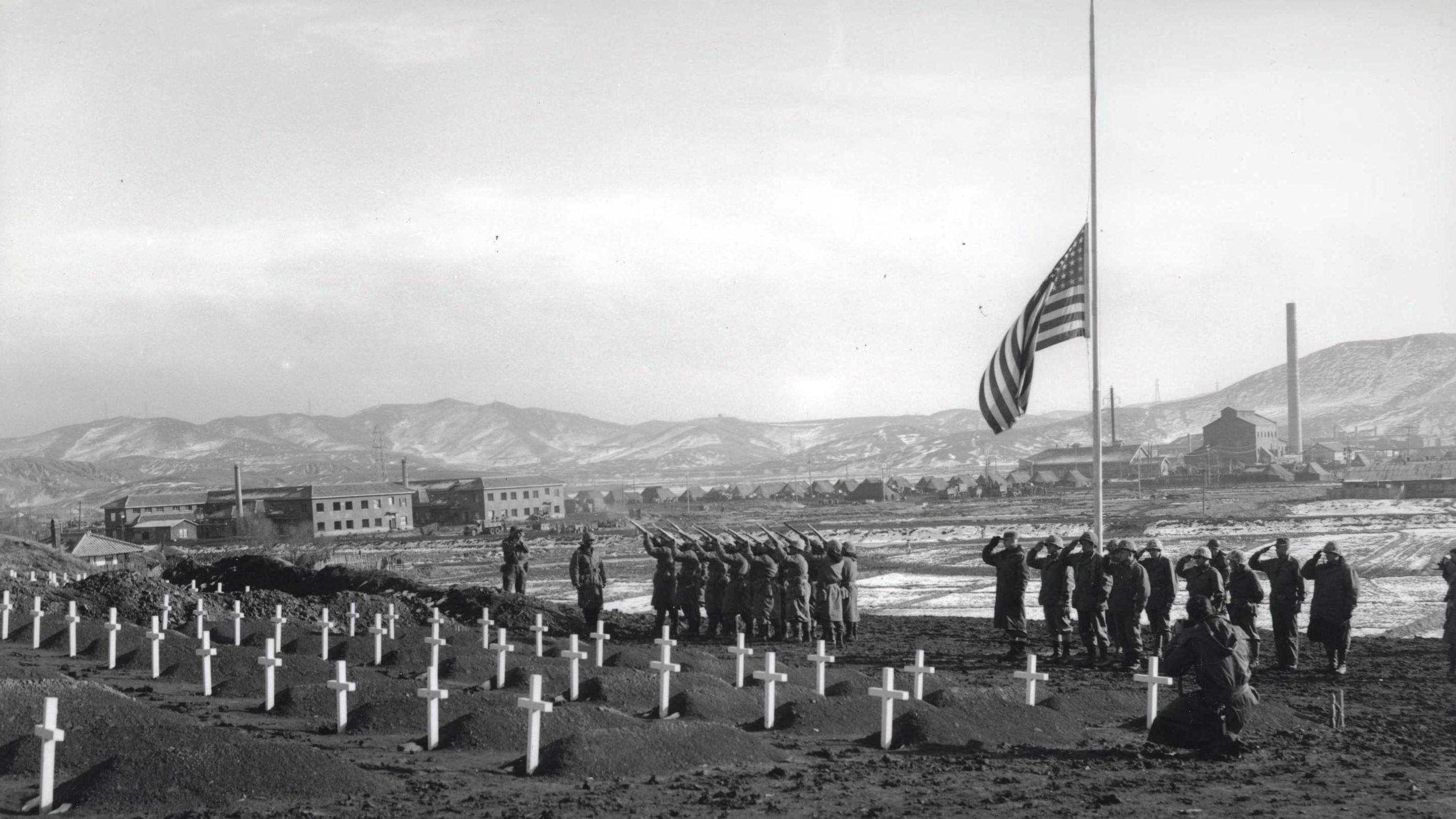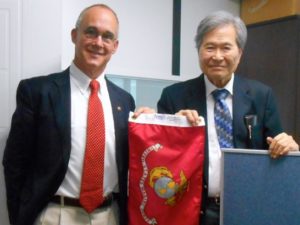Memorial Day Around the World

This weekend as Americans relax and usher in another summer vacation season with cookouts, beach reading, shopping sprees, blockbuster movie openings, and good times with families and friends, we also remember America’s military men and women who died for our country. It is, after all, Memorial Day Weekend.
As we reflect on those who were killed and pay tribute to their sacrifices, we sometimes find ourselves asking, “Why?”
Why did these men and women die? Why did our leaders send them to distant lands to fight? And why don’t more people appreciate and remember our fallen patriots?
As countries and regions of the world suffer from state-sponsored terrorism, religious extremism, and totalitarian regimes, we also ask ourselves, “How?” How much longer will this go on? How can we stop the world from unraveling? And how many more American men and women will be added to the seemingly endless list of US combat deaths by this time next year?
As difficult as these questions are to answer and as impassioned or even heated as we get when discussing them, many people can at least agree that Memorial Day not only honors those who made the ultimate sacrifice, but also serves as a cautionary reminder of possible events to come.
On this Memorial Day – and every day - American men and women, stationed on the front lines of potential flashpoints around the world, are in harm’s way. From recent deployments to Afghanistan and Eastern Europe (NATO), to America’s continued presence in South Korea, Germany, and Japan, well-trained and dedicated soldiers, sailors, airmen, and Marines are ready to fight. They are prepared for battles they hope will never happen.
But unfortunately, conflicts erupt and when they do, young Americans inevitably die. We can only hope their deaths are not in vain and that our leaders have a compelling reason for sending them into combat. As history teaches us, however, the “reasons” can take years to understand, and the long-term political, economic, and social consequences - good and bad - of our military actions are sometimes not fully realized until generations later.
Case in point. A few weeks ago, on May 10, Moon Jae-in, a South Korean born at a refugee relocation center during the Korean War, became the 12th president of the Republic of Korea. His “refugee to president” story immediately received attention in news and social media outlets around the world.
But what does this have to do with Memorial Day?
Moon Jae-in’s parents were rescued by US servicemen in North Korea sixty-seven years ago. Without the sacrifices made by Americans at a battle called “Chosin,” and the subsequent Hungnam Evacuation, in which Moon Jae-in’s parents and nearly 100,000 refugees were rescued, Korea’s current president would almost certainly have spent his entire life in North Korea.
To understand what happened to the Moon family, we must also understand America’s role in saving the Korean peninsula from Kim Il-sung and his Chinese supporters in 1950.

With Mr. John Y. Lee, an honorary US Marine who served at the Battle of Chosin in 1950 as an interpreter.
In late November of that year, American troops fighting in the northeast mountains of North Korea were surrounded by tens-of-thousands of Chinese soldiers at a remote reservoir called Chosin (or Changin). In one of the most epic and terrifying battles in US history, US Marines and soldiers, vastly outnumbered by Mao’s forces, held off the Chinese and “attacked in another direction” seventy-eight miles to the coast. Their destination was the port city of Hungnam, where they would evacuate by ship to the South.
The Korean War had started five months earlier, on June 25, but after almost half a year of fighting and the near total destruction of the North Korean army, the Chinese had entered the war. Mao had come to the rescue of his Communist brethren.
By December 1950, Moon Jae-in’s mother and father had already lived under communist rule, first Stalin and then Kim Il-sung, for five years. With US troops now evacuating from Hungnam, about 10 miles from their hometown of Hamhung, North Korea, Moon’s parents hoped the Americans might give them the opportunity to escape from the Chinese army.
Thankfully for Moon Jae-in, who was born two years later in freedom, the US military did give them the opportunity. US Navy and Merchant Marine ships rescued nearly 100,000 North Korean civilians, and Moon’s family was sent 350 miles down the coast to Geoje Island, a refugee relocation center, where they lived until moving to Busan.
In the final two months of 1950, thousands of Americans were killed or listed as MIA, missing in action, fighting the Chinese army. The sacrifices made by these US Marines, soldiers, and sailors impacted thousands of lives. Today it is estimated there are one million descendants of Hungnam refugees living in freedom in South Korea, the US, and countries around the world. President Moon is one of them.
On this Memorial Day, then, let us remember Americans who died not only for our freedom but also for the freedom of others around the world.